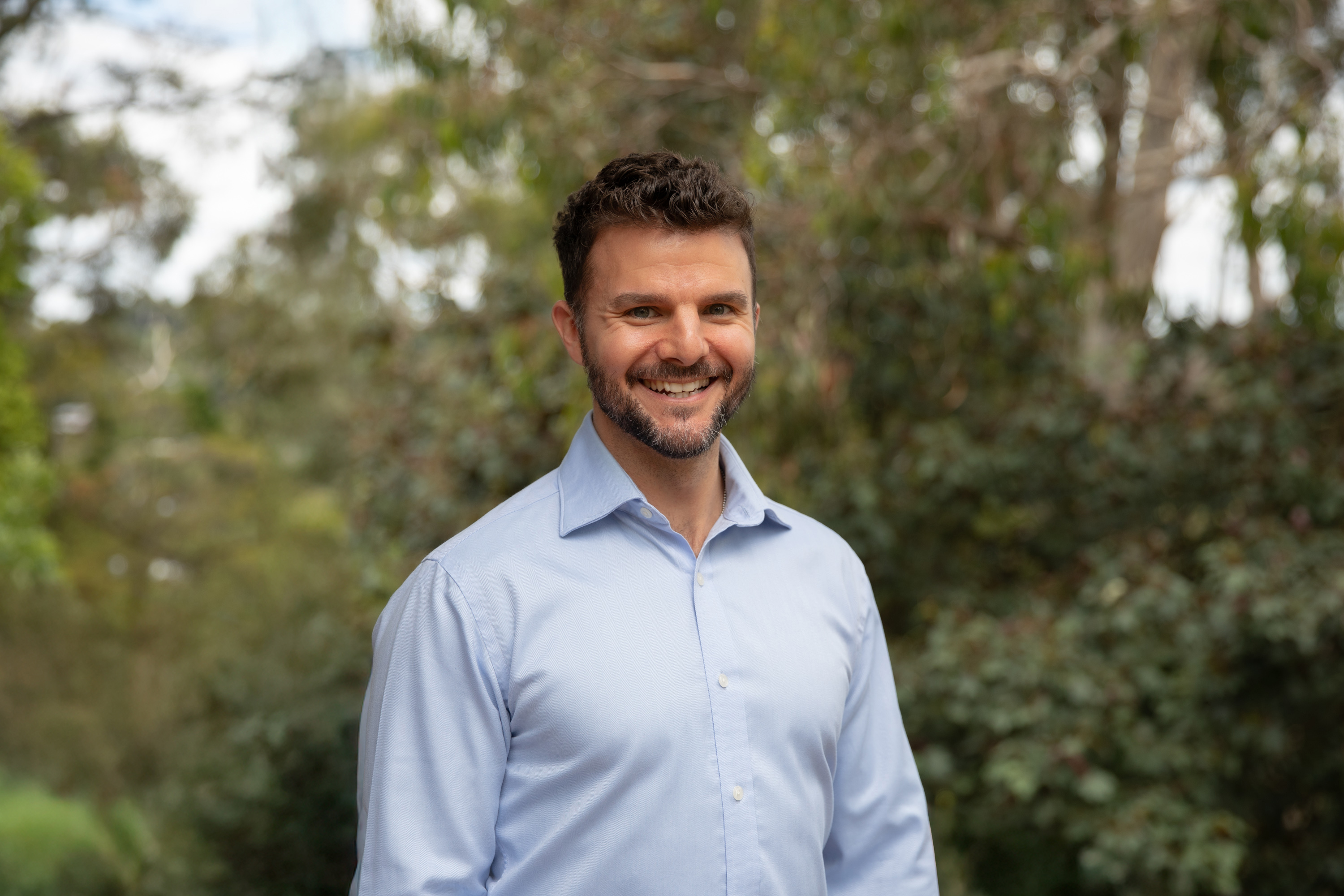“How can I let things go?”
Learning to emotionally detach is a powerful skill that helps us respond – rather than react – to life.
Life often presents us with emotionally challenging situations where it becomes difficult to maintain perspective and calm.
Detachment is a valuable skill that helps create the necessary emotional space, allowing us to respond thoughtfully rather than react impulsively. This is especially important for those experiencing intense emotions, strained relationships, or ongoing stress.
Detachment is often misunderstood as avoidance or coldness. In reality, it’s a conscious and active choice to maintain healthy boundaries and protect our emotional wellbeing. Whether you’re navigating personal challenges, work stress, or relationship difficulties, learning to detach healthily can bring clarity and resilience.
What does “detachment” mean?
Detachment refers to the process of stepping back from emotional entanglement with people, situations, or outcomes that negatively impact us. It’s not about shutting down or ignoring problems but about observing them without becoming overwhelmed.
When we detach in a healthy way, we can:
✅ Gain perspective: Instead of being consumed by emotions in the heat of the moment, detachment allows us to view the situation with greater objectivity. This clearer lens helps us make more informed decisions and reduces impulsive reactions.
✅ Preserve emotional energy: Constantly absorbing others’ emotions or stressful situations drains our mental and emotional resources. Detaching allows us to conserve energy for what truly matters and prevents burnout.
✅ Enhance relationships: Detachment supports healthier dynamics by preventing codependency and unhealthy control patterns. It fosters respect for individual boundaries and promotes mutual growth.
✅ Improve self-awareness: By distancing ourselves from immediate emotional responses, we can better understand our own needs, triggers, and patterns.
Detachment is ultimately about balance: staying connected to what’s important while not losing yourself in overwhelming emotions.
The importance of detachment in daily life
Incorporating detachment practices into everyday life can transform how you manage stress and relate to others.
Here are some ways detachment makes a positive impact:
👍🏽 Improved decision-making: Emotional intensity can cloud judgment. Detachment helps create mental space where reason and intuition work together, enabling decisions that align with your values and goals rather than short-term feelings.
👍🏽 Reduced stress and anxiety: Trying to control every outcome or internalise others’ emotions creates unnecessary pressure. Detachment encourages acceptance of what you can and cannot control, reducing feelings of anxiety.
👍🏽 Better emotional regulation: When you’re less reactive to emotional triggers, you can regulate feelings like anger, frustration, or sadness more effectively, leading to greater emotional stability.
👍🏽 Increased resilience: Detachment equips you to bounce back from setbacks more quickly by not getting ‘stuck’ in negative emotions or situations.
👍🏽 Enhanced presence: Ironically, detachment fosters deeper engagement with life by helping you focus on what truly matters, instead of being distracted or overwhelmed.
Many clients find that detachment practices help improve their relationships, workplace dynamics, and personal wellbeing.
Practical steps to cultivate detachment
Developing healthy detachment requires practice and intention.
Here are some practical strategies you can begin applying today:
1️⃣ Mindful awareness: Practice checking in with your emotional state regularly. Notice when you’re becoming overly reactive or overwhelmed. Ask yourself, “Is this reaction serving me, or is it clouding my judgement?”
2️⃣ Set clear boundaries: Identify where your limits lie emotionally and relationally. Communicate these boundaries firmly and kindly, and be prepared to reinforce them to protect your wellbeing.
3️⃣ Focus on what you can control: Shift your attention away from trying to control others or external outcomes. Concentrate on your actions, responses, and mindset.
4️⃣ Use grounding techniques: When emotions feel intense, use grounding exercises such as deep breathing, body scanning, or sensory awareness to bring yourself back to the present moment.
5️⃣ Reflect and journal: Write down situations where you struggled with detachment and how you felt. Over time, this reflection can build self-awareness and insight.
6️⃣ Seek support: Counselling offers a safe space to explore your patterns and learn personalised detachment strategies. A therapist can guide you through building these skills in a way that feels respectful and manageable.
7️⃣ Practice self-compassion: Detachment doesn’t mean shutting off feelings. Be kind to yourself when you find it difficult and remember it is a skill developed over time.
Detachment in therapy
Therapy provides a supportive environment to explore the complex emotions and situations that make detachment challenging.
It can help to:
☑️ Identify emotional triggers: Understand what causes you to become overly involved or reactive in certain situations.
☑️ Unpack patterns: Explore how past experiences or beliefs may influence your tendency to become entangled emotionally.
☑️ Develop coping skills: Learn specific tools and techniques to maintain healthy emotional boundaries without feeling disconnected or isolated.
☑️ Build resilience: Strengthen your capacity to tolerate uncertainty and difficult emotions without becoming overwhelmed.
☑️ Increase self-compassion: Work on accepting your emotions with kindness, reducing self-judgment around feelings of vulnerability or needing support.
In counselling, detachment is framed as a positive, empowering choice – not a failure or avoidance tactic. It’s about reclaiming control over your emotional landscape so you can live more freely and authentically.
Final thoughts
Detachment is not about disconnecting from life or people, but about engaging in a way that honours your emotional health and personal boundaries. It’s a skill that supports clarity, reduces stress, and enhances relationships when practiced mindfully.
If you find yourself caught in cycles of emotional overwhelm, codependency, or burnout, learning to detach healthily may be the key to restoring balance. Counselling can offer guidance tailored to your unique experiences and goals.
At Solid Foundations Counselling, I am here to support individuals and couples in building these skills and strengthening their mental wellbeing. Together, we can work towards greater emotional clarity and resilience and get you to where you want to be.

